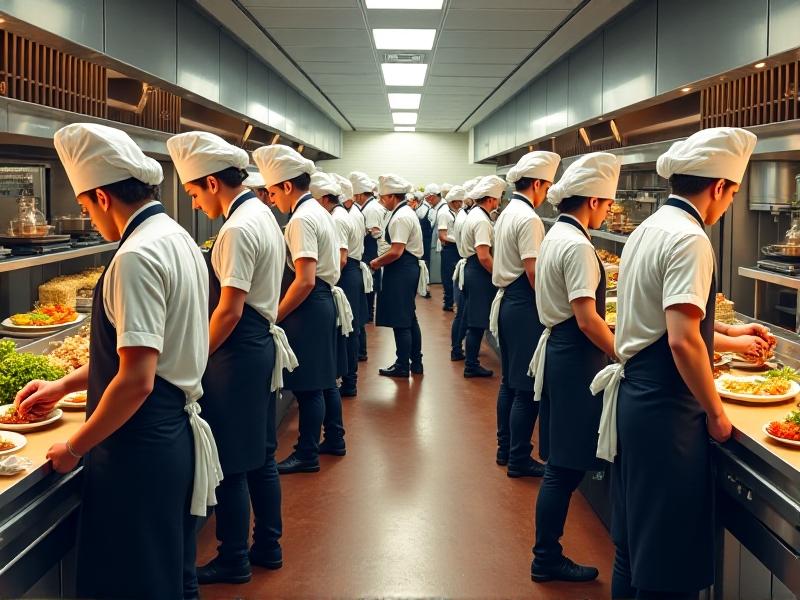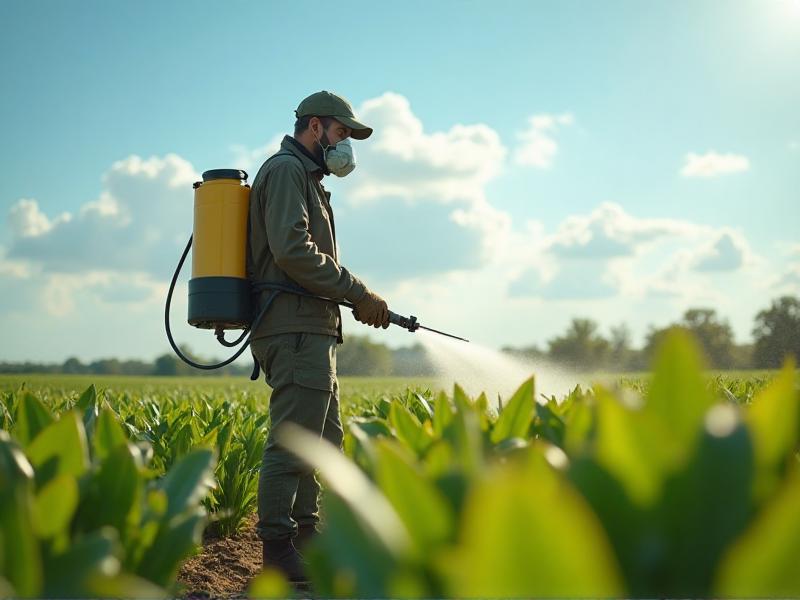Food Handler License Requirements
Understanding the Importance of a Food Handler License
Food safety is a critical aspect of the food industry, ensuring that consumers are protected from foodborne illnesses. A food handler license is a certification that demonstrates an individual's knowledge and competence in handling food safely. This license is often required by law for anyone working in food service, from restaurant staff to food truck operators. The primary goal of obtaining a food handler license is to ensure that food handlers understand the best practices for maintaining hygiene, preventing contamination, and complying with local health regulations.
In many jurisdictions, the requirements for obtaining a food handler license include completing a food safety training course and passing an exam. These courses cover essential topics such as proper food storage, temperature control, personal hygiene, and cleaning procedures. By obtaining a food handler license, individuals not only comply with legal requirements but also contribute to the overall safety and reputation of the food establishment they work for.

Who Needs a Food Handler License?
Not everyone in the food industry needs a food handler license, but it is a common requirement for those directly involved in the preparation, handling, or serving of food. This includes chefs, cooks, servers, bartenders, and even food delivery personnel. In some cases, even individuals who work in grocery stores or convenience stores where food is sold may need to obtain this certification.
The specific requirements can vary depending on the local health department or regulatory body. For example, in some areas, only one certified food handler is required per establishment, while in others, every employee who handles food must be certified. It's essential for business owners and employees to check the regulations in their area to ensure compliance. Failure to meet these requirements can result in fines, closures, or other penalties.

Steps to Obtain a Food Handler License
Obtaining a food handler license typically involves several steps, starting with enrolling in a food safety training course. These courses are often available online or in-person and cover a range of topics related to food safety. After completing the course, individuals must pass an exam to demonstrate their understanding of the material. The exam usually consists of multiple-choice questions and may be taken online or at a testing center.
Once the exam is passed, the individual will receive their food handler license, which is often valid for a specific period, such as two or three years. After this period, the license must be renewed by taking a refresher course and passing the exam again. It's important to keep track of the expiration date and renew the license on time to avoid any interruptions in employment or legal issues.

Benefits of Having a Food Handler License
There are numerous benefits to obtaining a food handler license, both for individuals and for the establishments they work for. For individuals, having a food handler license can enhance their resume and make them more attractive to potential employers. It demonstrates a commitment to food safety and a willingness to go above and beyond the basic requirements of the job.
For employers, having a staff that is fully certified in food safety can reduce the risk of foodborne illness outbreaks, which can be costly and damaging to a business's reputation. Additionally, many customers feel more confident dining at establishments where they know the staff is trained in food safety. This can lead to increased customer satisfaction and repeat business.
Common Food Safety Practices Covered in Training
Food safety training courses cover a wide range of practices that are essential for preventing foodborne illnesses. One of the most important topics is personal hygiene, which includes proper handwashing techniques, wearing clean uniforms, and avoiding behaviors that can lead to contamination, such as touching the face or hair while handling food.
Another key area is temperature control, which involves keeping food at the correct temperatures to prevent the growth of harmful bacteria. This includes understanding the danger zone (40°F to 140°F) where bacteria can multiply rapidly. Food handlers are also trained in proper food storage techniques, such as keeping raw and cooked foods separate and labeling food with expiration dates.
Challenges in Maintaining Food Safety Standards
While obtaining a food handler license is an important step, maintaining food safety standards can be challenging, especially in busy food service environments. One common challenge is ensuring that all staff members consistently follow food safety practices, even during peak hours when the kitchen is under pressure. This requires ongoing training and supervision to reinforce the importance of food safety.
Another challenge is staying up-to-date with changing regulations and best practices. Food safety standards can evolve, and it's important for food handlers and establishments to stay informed about any changes. This may involve attending additional training sessions or reviewing updated guidelines from local health departments.
The Role of Technology in Food Safety
Technology is playing an increasingly important role in food safety, helping to streamline processes and improve compliance. For example, digital temperature monitoring systems can automatically track the temperature of food storage units and alert staff if temperatures fall outside the safe range. This reduces the risk of human error and ensures that food is stored at the correct temperature at all times.
Another example is the use of online training platforms, which make it easier for food handlers to complete their training and stay up-to-date with the latest food safety practices. These platforms often include interactive elements, such as quizzes and videos, to enhance the learning experience. Additionally, some platforms offer certification management tools that help businesses track the expiration dates of their employees' food handler licenses.
Legal and Financial Implications of Non-Compliance
Failing to comply with food handler license requirements can have serious legal and financial implications for both individuals and businesses. In many jurisdictions, operating without the necessary certifications can result in fines, penalties, or even the closure of the establishment. Additionally, if a foodborne illness outbreak is traced back to a non-compliant business, the financial consequences can be devastating, including lawsuits, loss of customers, and damage to the business's reputation.
For individuals, working without a valid food handler license can lead to disciplinary action, including suspension or termination of employment. It's essential for both employees and employers to understand the legal requirements and take the necessary steps to ensure compliance. This not only protects the business but also ensures the safety and well-being of customers.
Tips for Success in Food Safety Training
Successfully completing food safety training and obtaining a food handler license requires dedication and attention to detail. One tip for success is to take thorough notes during the training course, especially on key topics such as temperature control, personal hygiene, and cleaning procedures. These notes can be a valuable resource when preparing for the exam and when applying the knowledge in a real-world setting.
Another tip is to practice good time management, especially if the training is completed online. Setting aside dedicated time for studying and taking the exam can help ensure that the material is fully understood. Additionally, it's important to ask questions and seek clarification on any topics that are unclear. Many training platforms offer support resources, such as FAQs or customer service, to assist learners.
Future Trends in Food Safety and Certification
The field of food safety is constantly evolving, with new trends and technologies emerging to improve standards and compliance. One trend is the increasing use of artificial intelligence (AI) and machine learning to predict and prevent food safety issues. For example, AI can analyze data from food production processes to identify potential risks and suggest corrective actions before problems arise.
Another trend is the growing emphasis on sustainability in food safety practices. This includes reducing food waste, using eco-friendly packaging, and sourcing ingredients from sustainable suppliers. As these trends continue to develop, food safety training and certification programs will likely incorporate new content to address these issues, ensuring that food handlers are equipped with the knowledge and skills needed to meet the demands of the future.








